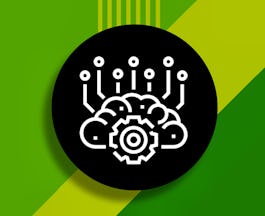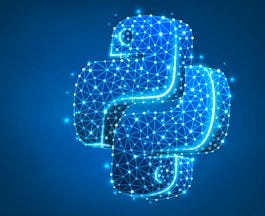Filter by
The language used throughout the course, in both instruction and assessments.
104 results for "forensic"

Institute for the Future
Skills you'll gain: Adaptability, Creativity, Critical Thinking, Human Learning, Decision Making, Innovation, People Analysis, Forecasting, Scientific Visualization, User Experience Design

The University of Sydney
Skills you'll gain: Data Analysis, Data Management, Databases, Clinical Data Management, Data Visualization, Probability & Statistics, General Statistics, Human Computer Interaction, Interactive Data Visualization, Statistical Visualization

Coursera Project Network

Università di Napoli Federico II
Skills you'll gain: Python Programming
 Status: Free
Status: FreeCoursera Instructor Network

Rutgers the State University of New Jersey
Skills you'll gain: Leadership and Management, Communication, Organizational Development, Professional Development, Critical Thinking, People Analysis, Business Process Management, Customer Relationship Management, Human Learning, Strategy and Operations

Fundação Instituto de Administração

University of Colorado System

University of New Mexico
 Status: Free
Status: FreeVanderbilt University
Skills you'll gain: Innovation, Leadership and Management

Stanford University

University of Virginia
Skills you'll gain: Product Management, Leadership and Management, Planning, Product Strategy, Strategy
In summary, here are 10 of our most popular forensic courses
- Simulation Skills: This is Your Brain on the Future: Institute for the Future
- Using clinical health data for better healthcare: The University of Sydney
- Interpretable Machine Learning Applications: Part 1: Coursera Project Network
- Python: Istruzioni per l’uso: Università di Napoli Federico II
- Understanding Large Language Models in Business: Coursera Instructor Network
- Health Care Delivery in Healthcare Organizations: Rutgers the State University of New Jersey
- Future Studies: Fundação Instituto de Administração
- Wilderness First Aid - Environmental Emergencies: University of Colorado System
- Curanderismo: Traditional Healing of the Mind, Energy & Spirit: University of New Mexico
- Leading Innovation in Arts and Culture: Vanderbilt University










